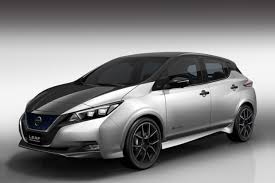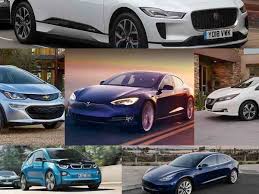chemical composition
Charging infrastructure of Ukraine does not keep up with the growth of the number of electric vehicles
 The infrastructure for electric vehicles, and primarily charging stations, is developing more slowly than the number of electric vehicles is growing. This applies to all countries where electric cars are an important component of the total traffic, including Ukraine.
The infrastructure for electric vehicles, and primarily charging stations, is developing more slowly than the number of electric vehicles is growing. This applies to all countries where electric cars are an important component of the total traffic, including Ukraine.
There are several reasons for this trend:
strong enough oil lobby;
legislative problem;
infrastructure problems. Continue reading
Used batteries from electric vehicles can disrupt the energy sector and create value for energy storage
 The battery does not expire after it has already exhausted its initial use in an electric vehicle. Batteries have great potential for reuse in stationary energy storage systems. In addition, by reducing the cost of energy storage, they can help to integrate more renewable energy sources into the network.
The battery does not expire after it has already exhausted its initial use in an electric vehicle. Batteries have great potential for reuse in stationary energy storage systems. In addition, by reducing the cost of energy storage, they can help to integrate more renewable energy sources into the network.
Lithium-ion batteries used in electric vehicles, which are usually designed for a decade (8 years or mileage up to 160,000 km). But even after 10 years of operation in electric vehicles, batteries can be reused in markets that require stationary energy storage with 100-300 cycles per year. Alternative re-use is mass utilization, which is possible in most of the regions in accordance with the rules of occupational health and safety, or disposal, which may make sense for battery manufacturers who want to get valuable metals, such as cobalt and Nickel, and which can achieve competitive costs for processing. Continue reading




